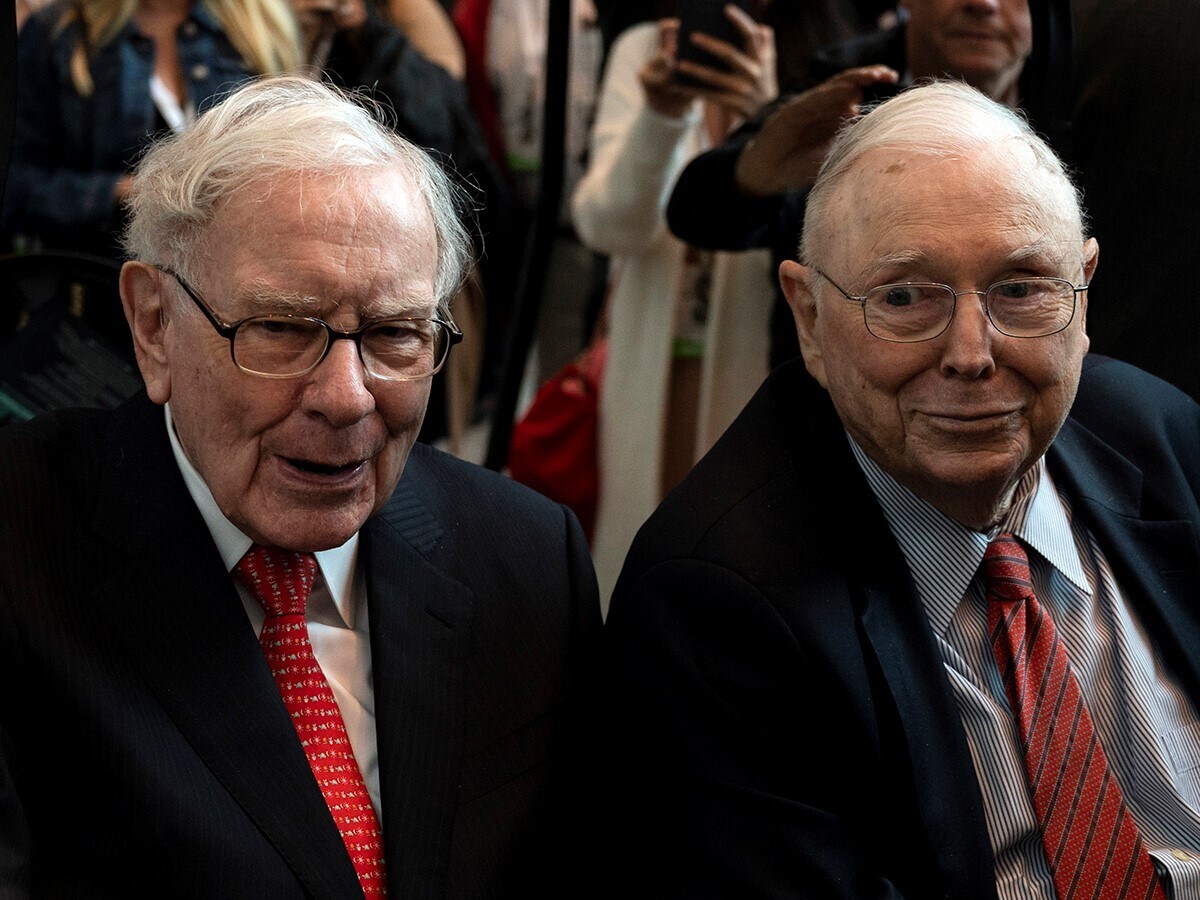Alibaba’s [BABA] share price has had a shocking ten months. Over that timeframe, the stock has seen its value cut almost in half, with scrutiny from Beijing leading to a selloff in Alibaba’s share price and other Chinese tech stocks.
Of course, the catalyst for all this was what happened to Alibaba founder Jack Ma’s other company - Ant Group. Last November, the Ant Group IPO was all set to smash the record for biggest market debut, with the Jack Ma-fronted company looking at an eye-watering $34.5bn dual listing in Shanghai and Hong Kong. That was torpedoed by state regulators looking to rein in China’s tech sector.
That started a spiral of state interference that included ride-hailing app Didi [DIDI] being banned from registering new users just after it listed in the US pending the outcome of an investigation and the halting of a Tencent-led merger of two video streaming platforms.
Against the odds, Alibaba’s share price has rallied this month after some leniency from the regulator and news of veteran investor Charlie Munger upping his position on the company. So, is Alibaba’s share price a buy at its current levels, or are these gains really just an opportunity to sell?
What’s happening with Alibaba’s share price
Alibaba’s share price is up over 13% since the start of October (through 15 October), closing Friday at $168. However, that doesn’t reflect an accurate assessment of what’s happening with the stock. Year to date, the stock is down over 27%, having experienced a prolonged downward trend since 16 February when Alibaba’s share price opened at $271.
Fuelling Alibaba’s share price gains were regulators imposing a smaller than expected fine against food delivery giant - and Alibaba competitor - Meituan [3690.HK].
China’s State Administration for Market Regulation handed down a smaller-than-expected $534.3m fine to the food delivery company for antitrust abuse. That was enough to trigger a rally in Chinese tech stocks to rally at the start of last week. Meituan, Tencent, Alibaba and the KraneShares CSI China Internet ETF [KWEB] all posted strong gains as investors looked to scoop up some bargains.
“Overall the fact that Chinese equity markets are definitely ... trading much more attractive relative to most other countries here in Asia” - Ken Wong
“Overall the fact that Chinese equity markets are definitely ... trading much more attractive relative to most other countries here in Asia,” Eastspring Investments’ Asia equity portfolio specialist at Eastspring Investments Ken Wong told CNBC. “Chinese markets … are trading at substantially lower valuation levels,” Wong added. “We are seeing investors bottom fishing a bit.”
Also helping Alibaba’s share price has been news of significant investment from Berkshire Hathaway’s Charlie Munger’s Daily Journal Corp - Munger is the chairman of Daily Journal Corp. In filings with the SEC, Daily Journal Corp revealed that it had doubled down on its position on Alibaba, picking up 136,740 American depositary receipts in the third quarter, bringing its grand total to 302,060 ADRs. Arguably, Daily Journal was looking to buy Alibaba’s share price on the cheap as others sought to unload Chinese tech stocks.
The case against Alibaba’s share price rebounding
Critics will point to several headwinds to Alibaba’s share price rebounding in the mid- to long-term. These include increasing Chinese regulation, long-term fallout from property and energy-related disruption, and a further clampdown on Alibaba. Then there’s the SEC continuing to develop plans to delist Chinese companies on US exchanges, which only adds to the investment risk.
Domestically there is uncertainty over how other regulatory probes will play out, such as the ongoing investigation into Didi, and what upcoming data-related regulations will mean for business models - and profitability - of companies like Alibaba, which could come further under state control.
If you take away state intervention, Alibaba’s share price combined with the sheer heft of the company's underlying business should make a compelling investment case - especially when compared to western e-commerce stocks like Amazon [AMZN].
Yet, even without Beijing’s involvement, there are still headwinds. Ahead of Alibaba’s next set of earning results expected early November, analysts have slashed their 12-month earnings projections by nearly 5% over the past 3 weeks, according to Bloomberg. Behind the slowdown is weak domestic spending, with projections now at their lowest since July 2020.
Is Alibaba’s share a viable prospect for long-term investment? Among the analysts tracking Alibaba’s share price on Yahoo Finance, the stock has a $244.63 price target - hitting this would see a 45.6% upside on Friday’s close. However, given the current climate, how realistic this target really is remains to be seen.
Disclaimer Past performance is not a reliable indicator of future results.
CMC Markets is an execution-only service provider. The material (whether or not it states any opinions) is for general information purposes only, and does not take into account your personal circumstances or objectives. Nothing in this material is (or should be considered to be) financial, investment or other advice on which reliance should be placed. No opinion given in the material constitutes a recommendation by CMC Markets or the author that any particular investment, security, transaction or investment strategy is suitable for any specific person.
The material has not been prepared in accordance with legal requirements designed to promote the independence of investment research. Although we are not specifically prevented from dealing before providing this material, we do not seek to take advantage of the material prior to its dissemination.
CMC Markets does not endorse or offer opinion on the trading strategies used by the author. Their trading strategies do not guarantee any return and CMC Markets shall not be held responsible for any loss that you may incur, either directly or indirectly, arising from any investment based on any information contained herein.
*Tax treatment depends on individual circumstances and can change or may differ in a jurisdiction other than the UK.
Continue reading for FREE
- Includes free newsletter updates, unsubscribe anytime. Privacy policy





